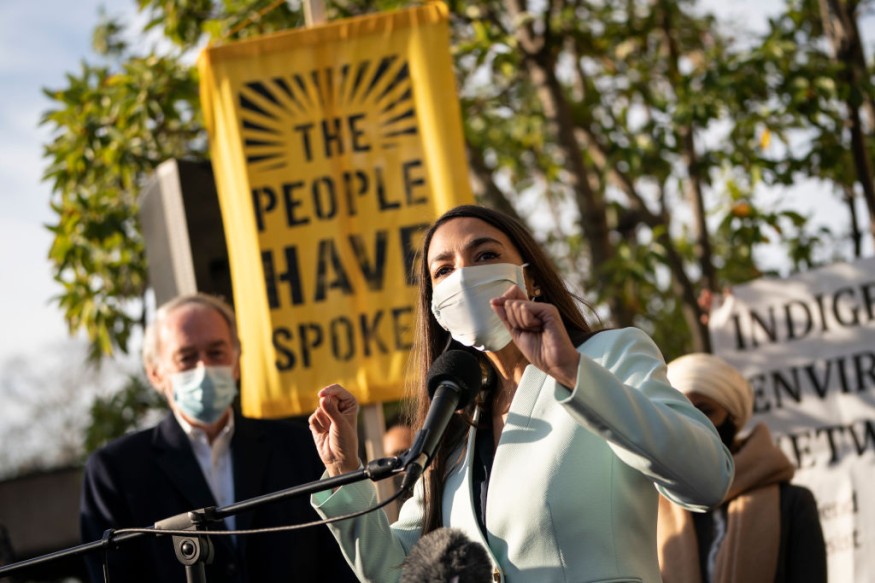As the US withdrew its commitment to the Paris Agreement, the United States would have to draft a new nationally determined contribution (NDC), articulating what the country's plan and pledge would be.
The Paris Climate Accord is an agreement among more than 190 countries to limit planet-warning emissions of greenhouse gases.
According to Jonathan Pershing, the former lead climate negotiator for the US, the new NDC would replace the previous NDC as the previous NDC no longer has legal standing. The US has ceased to be a party to the agreement. The withdrawal would mean you'd have to redo it, Pershing added.
President-elect Joe Biden promised to rejoin the Paris Agreement on his first day in office.
As per the Paris Agreement rules, the US will again become a party to the accord months after November 4, the day that Trump's bid to leave the accord became final.

READ: What Happens After the US Leaves The Paris Climate Agreement?
The decision to withdraw from the Paris Climate Accord
When US President Donald Trump announced in July 2017 in the Rose Garden of the White House that America will withdraw from the Paris Climate Accord, it elicited various business communities, world leaders, environmentalists, cities, and states. Some of which vowed to uphold their commitment to the Paris Accord despite the president's decision.
A group of U.S. cities, states, and companies committed that they will submit a plan to the United Nations to outline how the US will meet its commitments even without the federal government's support. Former New York Mayor Micheal Bloomberg pledged to come up with $ 15 million to cover the country's share of operating budget for the United Nations' Framework Convention on Climate Change (UNFCCC).
Most heads of countries condemned the President's move. Even the spokesperson of Vladimir Putin said that Russia recognized the accord with great importance and that the US withdrawal could complicate its implementation.
READ ALSO: Carbon Emissions in the US Decreases Due to COVID-19 Pandemic
The US' 2016 Emission Goals for 2025
In 2016, the United States submitted an NDC committed to cut greenhouse emissions by 26 percent by 2025.
According to Forbes, the target was met but not as a result of the policy. The emissions slumped as the coal industry collapsed due to the competition from cheap fracking gas and renewables. With the COVID recession, the emissions are also decreasing.
Despite Trump's withdrawal, cities, states, and corporations in the US and other stakeholders also sought to demonstrate to the international community that business and subnational governments are working to uphold the previous commitments.
Rejoining the Paris Agreement
President-elect Biden articulated ambitious plans of a carbon-free power sector by 2035 and a carbon-neutral country by 2050.
It will be simple for Biden to re-enter the Paris Agreement, Pershing said. He can issue an executive order for it. The more daunting task is drafting the new NDC.
Starting anew NDC would pose questions like what the new targets are and the expectation of other new targets, Pershing added.
At the end of 202, other nations that are party to the Paris Agreement are updating their NDCs.
According to Alden Meyer, former director of strategy and policy for the Union of Concerned Scientists and a veteran of UN Climate negotiations, once the US is back, the question becomes how the US lives up to expectation as the world leader issue.
He added that Biden would need to rebuild international trust in US climate ambition by reaching the nation's targets and enacting meaningful policies for the emission cuts.
READ NEXT: Study: Clean Air Act Averted the Loss of 1.5 Billion Birds in the Past 40 Years
Check out for more news and information on Climate Change on Nature World News.
© 2025 NatureWorldNews.com All rights reserved. Do not reproduce without permission.





